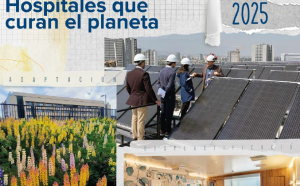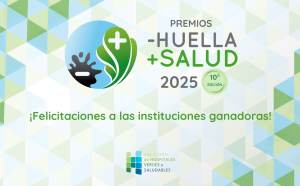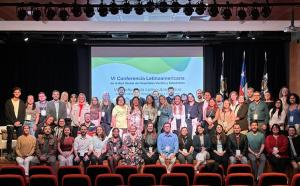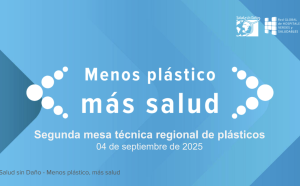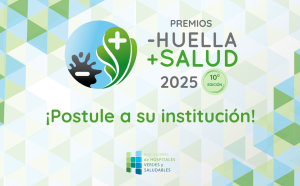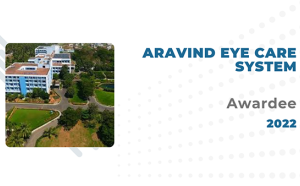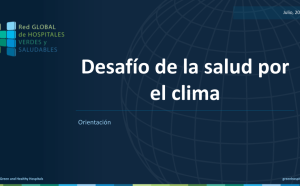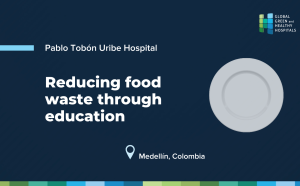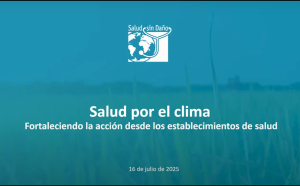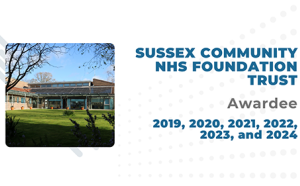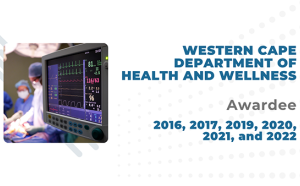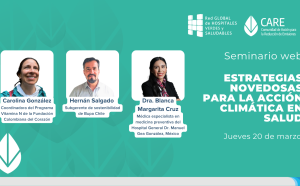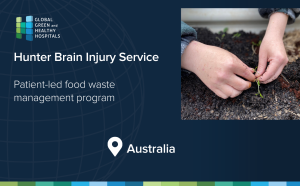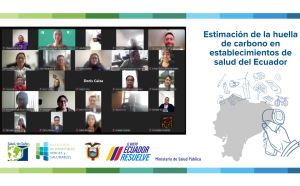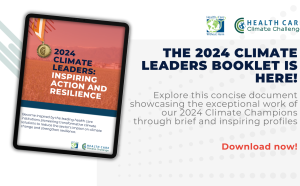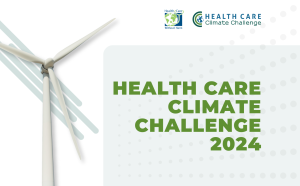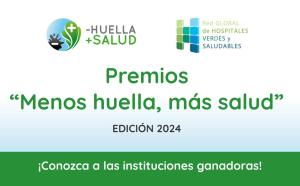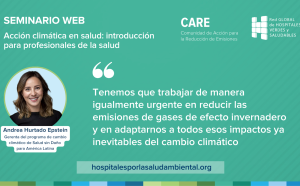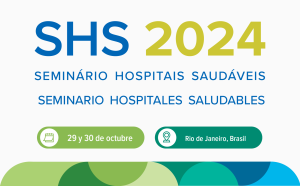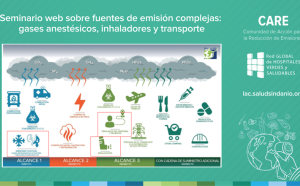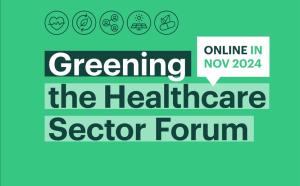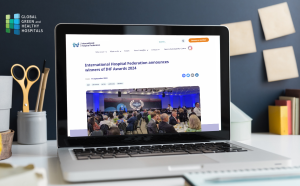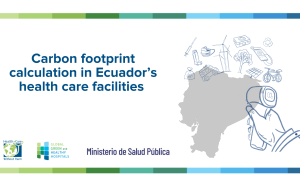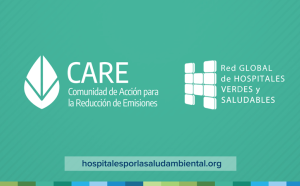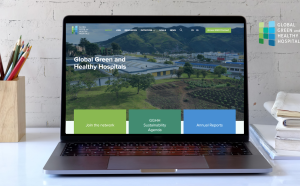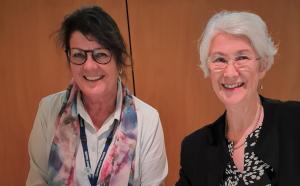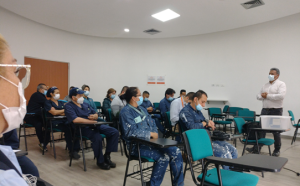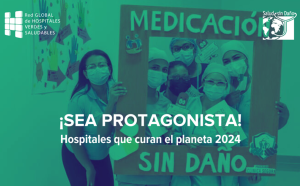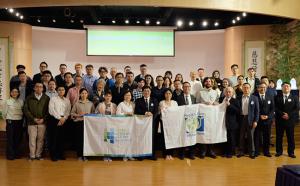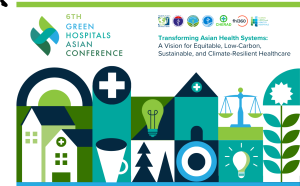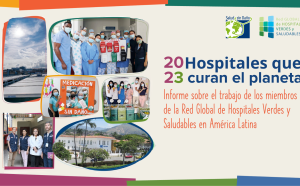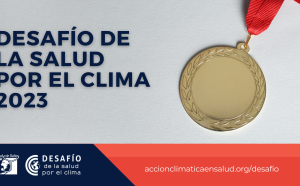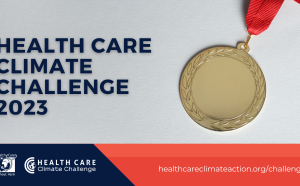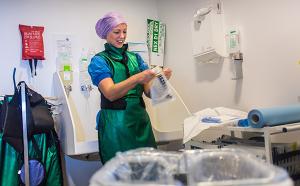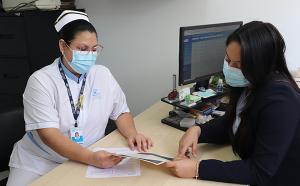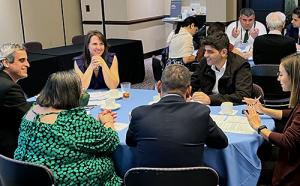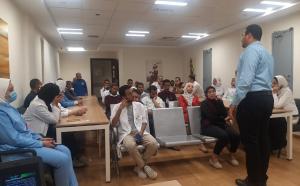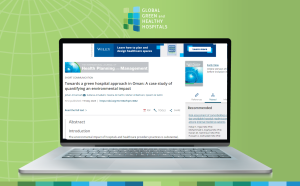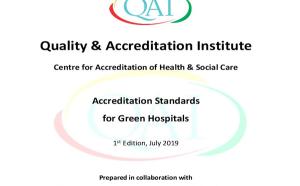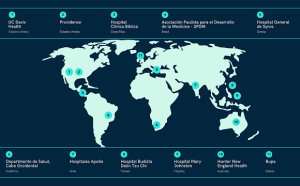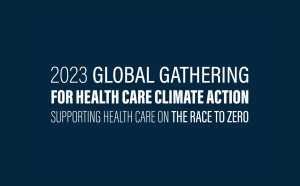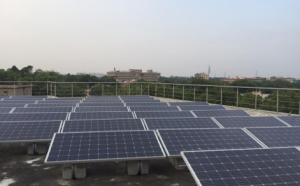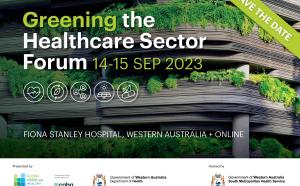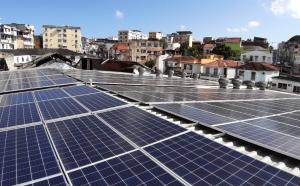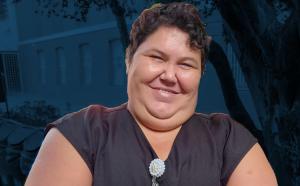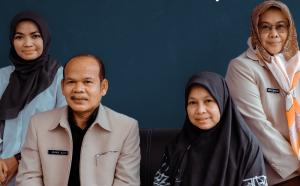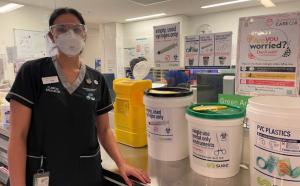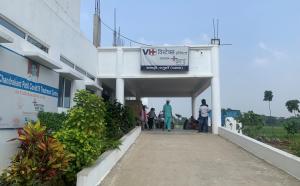Impact stories that inspire is a collection of 14 stories featuring people working on the Sustainable Health in Procurement Health Project (SHiPP) and amplifies the voices of incredible and extraordinary women and men passionate about introducing health sector practices that improve their working conditions, the lives of their communities and help protect the environment.
“Impact stories that inspire” brings together 14 experiences that show that no matter our role in society, we all have a vital part in creating a better, safer, and more resilient world: two Zambian women who challenged societal stereotypes and prejudices by training to become autoclave operators, a Brazilian nurse whose charisma and leadership were catalytic to the adoption of new, environmentally-friendly cleaning products, an Indonesian team that cultivated a small-scale organic farm during the COVID-19 together with the support of rehabilitating mental health patients and the local community; and many more stories.
These amazing stories have emerged from the Sustainable Health in Procurement Project (SHiPP), a joint programme developed by the United Nations Development Programme and Health Care Without Harm, with funding from the Swedish International Development Cooperation Agency (SIDA).
Every two weeks we will be sharing one of the stories of the GGHH members featured in the Impact stories:
- October 5: The phasing out of mercury as a public health priority in South Africa
- October 19: The girl who took notice, the woman who took action in Colombia
- November 2: When training inspires procurement to take the driver seat for sustainability in India
- November 16:Indonesian mental health hospital feeds the body and soul
- November 30:Sustainable health care waste management that inspires change in South Africa
- December 14: A Brazilian ambassador for change for a toxin-free future
- January 4, 2023: Indian nurses pave the way for environmentally friendly procurement
- January 18, 2023: Fighting COVID-19 in the Philippines by prioritizing both people and the environment
December 29, 2025
December 02, 2025
October 06, 2025
September 09, 2025
August 28, 2025
August 19, 2025
July 30, 2025
July 23, 2025
July 16, 2025
July 11, 2025
June 24, 2025
April 01, 2025
March 20, 2025
March 10, 2025
February 10, 2025
February 06, 2025
December 18, 2024
November 25, 2024
November 13, 2024
November 07, 2024
October 09, 2024
October 01, 2024
October 01, 2024
September 25, 2024
September 12, 2024
September 12, 2024
August 14, 2024
July 30, 2024
June 27, 2024
May 28, 2024
February 22, 2024
February 21, 2024
February 20, 2024
December 14, 2023
November 28, 2023
November 28, 2023
October 04, 2023
September 20, 2023
September 06, 2023
August 30, 2023
August 16, 2023
August 23, 2023
August 14, 2023
August 09, 2023
July 26, 2023
July 19, 2023
June 28, 2023
June 21, 2023
June 14, 2023
June 12, 2023
June 07, 2023
May 31, 2023
May 17, 2023
May 03, 2023
April 19, 2023
April 05, 2023
March 08, 2023
February 23, 2023
February 14, 2023
February 01, 2023
January 18, 2023
January 05, 2023
December 13, 2022
November 30, 2022
November 16, 2022
October 19, 2022
October 05, 2022
September 28, 2022
August 10, 2022
May 31, 2022
April 11, 2022
January 13, 2022
January 06, 2022
November 05, 2020
October 14, 2020


